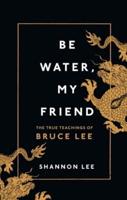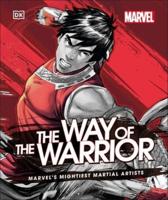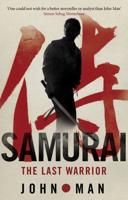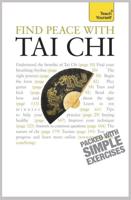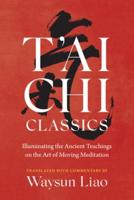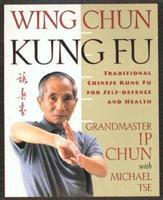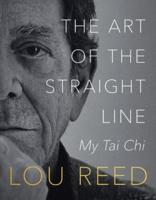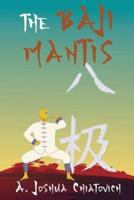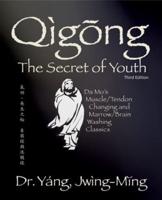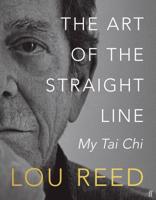Publisher's Synopsis
Chu Minyi's book is a comprehensive guide to Taijiquan, focusing on theory, classics, postures, and applications on equipment. It begins with an exploration of the fundamental principles of Taijiquan, providing readers with a solid theoretical foundation. The book also delves into the Taijiquan classics, offering insights into the philosophical and spiritual aspects of the martial art. Chu Minyi provides a detailed explanation of the Thirteen Postures and their mental aspects, shedding light on the internal dynamics of Taijiquan. The practice of push hands, a crucial component of Taijiquan training, is also covered in the book, including its techniques and strategies. Additionally, Chu Minyi includes sections on the names and sequence of Taijiquan postures, as well as applications of Taijiquan pole and ball exercises. With its comprehensive content, Chu Minyi's book serves as a valuable resource for practitioners and enthusiasts of Taijiquan.
Chu Minyi (1884 - August 23, 1946) was a prominent figure in the Chinese republican movement and the early Nationalist government. Born into a family of Scholar-bureaucrats in Zhejiang Province, he studied in Japan and France, where he became involved in revolutionary activities supporting the overthrow of the Qing Dynasty. After returning to China, Chu held various positions within the Kuomintang and played significant roles in education, medical institutions, and cultural exchanges. However, his political differences with Chiang Kai-shek led to his resignation from official positions. During the Japanese occupation, Chu joined the collaborationist Wang Jingwei Government and served as Vice President of the Executive Yuan and Foreign Minister. He negotiated treaties with Japan and sought diplomatic recognition from Axis Powers. After Japan's surrender, Chu was taken into custody by the Republic of China government, brought to trial on charges of treason, and executed in 1946. Despite his controversial role during the war, Chu's contributions to Chinese nationalism and his efforts in various fields make his life and legacy a complex and significant part of Chinese history.
